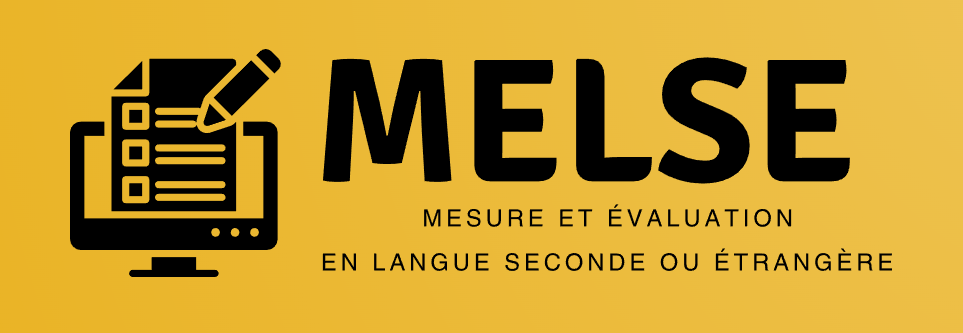The Canadian Association of Language Assessment (CALA) was officially established in 2009. CALA is a professional and academic association dealing with language assessment in Canada. Since our inception, we have reached over a hundred members from academia as well as other educational, institutional and government settings.
![[team]](https://cdn.prod.website-files.com/687538de8d821055fd615d8f/68f2842b2edad1cae896c3ce_group%20pic_CALA2025.jpg)
Disseminating knowledge about language assessment to all interested individuals and organizations (including educators) by hosting conferences, symposia, workshops, and webinars across Canada. Creating spaces for experts to share insights, best practices, and policy developments.
Supporting both English and French-speaking professionals. Fostering collaboration through accessible, inclusive events. Building a sustainable platform for communication among researchers focused on language assessment in Canada.
Providing consultation on sensitive, high stakes language assessment practices as well as fair practices in language assessment. Advising local, provincial and federal agencies and organizations on issues related to language assessment.
Fostering a supportive and encouraging space to promote student engagement within the scholarly community. Providing financial support to students through our student awards during our conferences and events.
Stay current with the latest news and updates
Join us. Explore research, connect with peers, and shape the future of language assessment.
Welcome to CALA/ACEL!
The past year has been an exciting one for the CALA/ACEL organization. We were proud to host two successful events: one in Halifax, Nova Scotia, and another in Montreal, Quebec—each offering dynamic spaces for attendees to connect, collaborate and learn more about the field of language assessment and testing.
Looking ahead, we’re building on that momentum. This fall, we’ll be back in Halifax on October 3–4, 2025, for another engaging conference. Then on June 6–8, 2026, we are honoured to coordinate with the International Language Testing Association (ILTA) as they host the Language Testing Research Colloquium (LTRC) in Montreal, Quebec bringing together language testing experts from around the world.
Thank you for being part of CALA/ACEL. Whether you're a professor, educator, or language tester, we’re glad you're here—and we look forward to connecting with you in the months ahead.
Sincerely, Christine Doe President, CALA/ACEL
Essential information about our organization.
Membership has many benefits, including free or low-cost fees for our annual events. Through our members-only profile pages you can highlight your work and connect with other scholars across Canada.
Benefits of institutional membership include: invitation to events; free membership for contact person; name of institution on CALA’s website, access to membership list and the presentation of products.
Memberships are good for 12 months from the date of purchase.
All CALA members (including educators, researchers, students, and professionals in language assessment) are welcome to submit proposals to our conferences and symposia.





.png)
